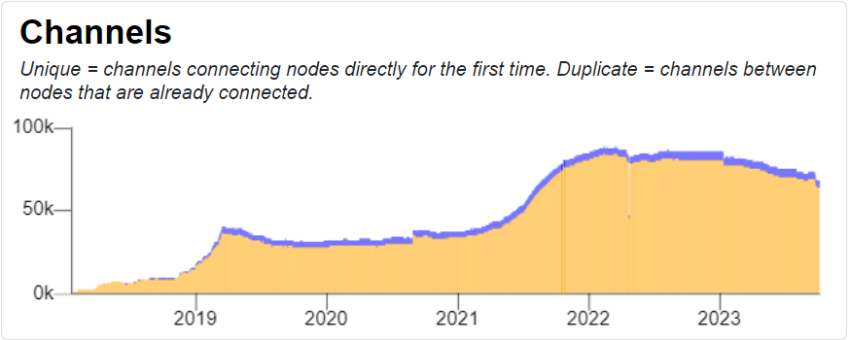A new proposal that allows arbitrary computation to be verified and enforced on the Bitcoin network without requiring a soft fork is doing the rounds on crypto social media. Proponents claim that BitVM would bring Ethereum-like smart contracts to the ecosystem.
On October 9, Bitcoin developer Robin Linus released a whitepaper for BitVM, stating, “Any computable function can be verified on Bitcoin.”
BitVM for Bitcoin Smart Contracts
When asked for a simplified explanation, Linus replied:
“This enables more expressive Bitcoin contracts. Particularly, it enables functionality that we thought we’d need a soft fork for. It might enable trustless sidechains, but that’s not fully solved yet.”
Linus is a developer for ZeroSync, an association founded to help scale Bitcoin by using zero-knowledge proofs.
The system works by breaking down complex computations into simple logic gates. These gates can be constructed using Bitcoin scripts and chained together to output the required computations.
Linus says it is a Turing complete system, which is one that can theoretically provide an answer to any computational problem. The November 2021 Taproot soft fork, which also facilitated ordinal inscriptions, enables BitVM.
X user Sam Parker said it enables basically anything you’d want to enable and is “very similar in spirit” to the Lightning Network. He added:
“Running this protocol inside of a Lightning channel is going to be the real power play personally.”
Bitcoiner Dylan LeClair added that it is like LN in the sense that it uses a multi-signature. He added that this allows the building of transactions, apps, and contracts above Bitcoin, with verification and settlement occurring on-chain.

Cryptographer Adam Back said that people shouldn’t get too excited about the development just yet.
Overall, BitVM opens up new possibilities for Bitcoin smart contracts and computation without needing to change Bitcoin itself.
Potential Disadvantages
Decentralization advocate and crypto critic Chris Blec asked ChatGPT for the downsides, and a large list was produced.
Encoding complex computations requires generating large logic chains and many pre-signed transactions which have high storage and bandwidth demands.
Furthermore, Bitcoin’s on-chain settlement operates slowly and could raise transaction costs unless integrated with Lightning, as suggested.
In summary, while powerful, BitVM has some disadvantages stemming from data demands, lack of scalability, privacy issues, and participation requirements.
Disclaimer
In adherence to the Trust Project guidelines, BeInCrypto is committed to unbiased, transparent reporting. This news article aims to provide accurate, timely information. However, readers are advised to verify facts independently and consult with a professional before making any decisions based on this content. Please note that our Terms and Conditions, Privacy Policy, and Disclaimers have been updated.


